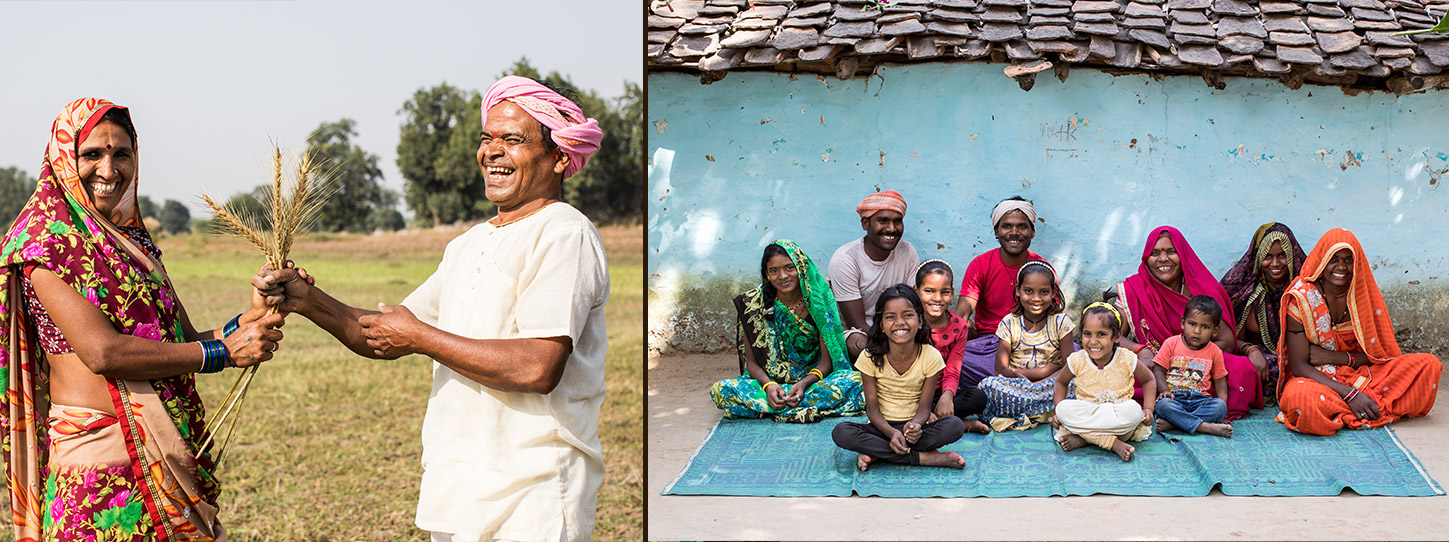
Question: How can Smallholders become resilient to Climate Change? Answer: By doubling farm production and income! This sounds contradictory, in deed. However, there exists a plan, which brings exactly this seemingly impossible together. The magic word for it is: SAFBIN. SAFBIN stands for “smallholder adaptive farming and biodiversity network”. SAFBIN is a programme, which ensures food security in times of climate change for 7425 smallholder families (40.000 individuals) in four countries of South Asia within the coming four years.
Bangkok, 11th June, 2018: SAFBIN has been launched within the Caritas Asia Regional Conference “Share the Journey”. The Caritas directors of the SAFBIN countries Bangladesh, India, Nepal and Pakistan are convinced, that “we can end hunger within the next decade. SAFBIN is the ideal contribution to it”.
Is it possible? “It is, but that does not happen by itself”, adds Christoph Schweifer, Secretary General of Caritas Austria, the leading institution for SAFBIN. “And the key to the success is the active involvement of the smallholders. The donor-beneficiary relations will change completely. The smallholders will be beneficiaries and donors at the same time. And they themselves will become researchers” – as foreseen in the so-called On Farm Adaptive Research (OFAR) approach.
With more than 70 percent smallholder farmers in South Asia are the largest community, affected the most due to food worldwide insecurity caused by climate change. Hence, the future agriculture and the wellbeing of the region lies in their hands.